Fonds de Recherche du Québec showcases Project Someone
Posted October 8th, 2021 by Jacqueline MatskivThe Fonds de Recherche du Québec (FRQ) – Société et Culture recently spotlighted Project Someone in an Oct. 5th feature story titled “Reducing discrimination, one performance at a time.”
The story highlights the output of the strategic cluster formed by the CSLP, the UNESCO-PREV Chair and Project Someone since the inception of the latter in 2014, foregrounding the unique multidisciplinary and artistic elements of initiatives like Landscape of Hope.
With regard to Project Someone’s global reach, the FRQ concludes that “through its work that goes far beyond traditional academic channels, the Project Someone team is showcasing the voices of educators and students from around the world and increasing their resilience and tolerance towards hate speech, both online and offline.”
Learn more about our projects.
Discover @ProjectSomeone, creator of community-oriented solutions to divisive issues including misogyny, systemic discrimination, profiling & racism! Supported by the @FRQSC.#communautéFRQ @unescoprev @cslp_ceap @Concordia @CpnPrev @EquitasIntlhttps://t.co/mkcbLxpMRS pic.twitter.com/x0CitE2ZD3
— FRQSC (@FRQSC) October 5, 2021


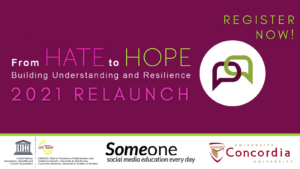
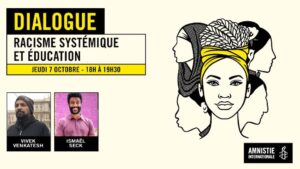
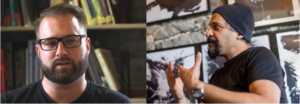
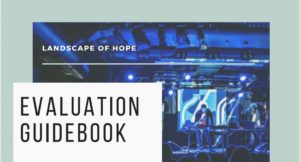
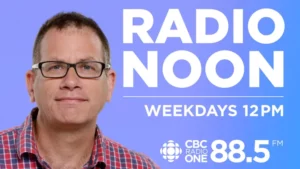
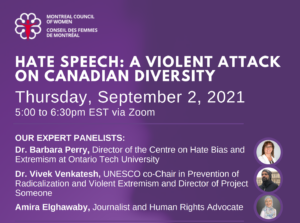
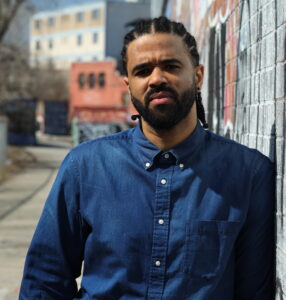
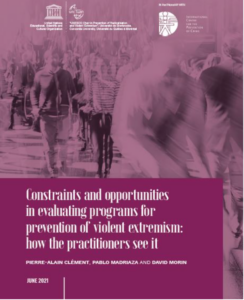
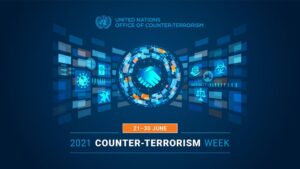


 Français
Français